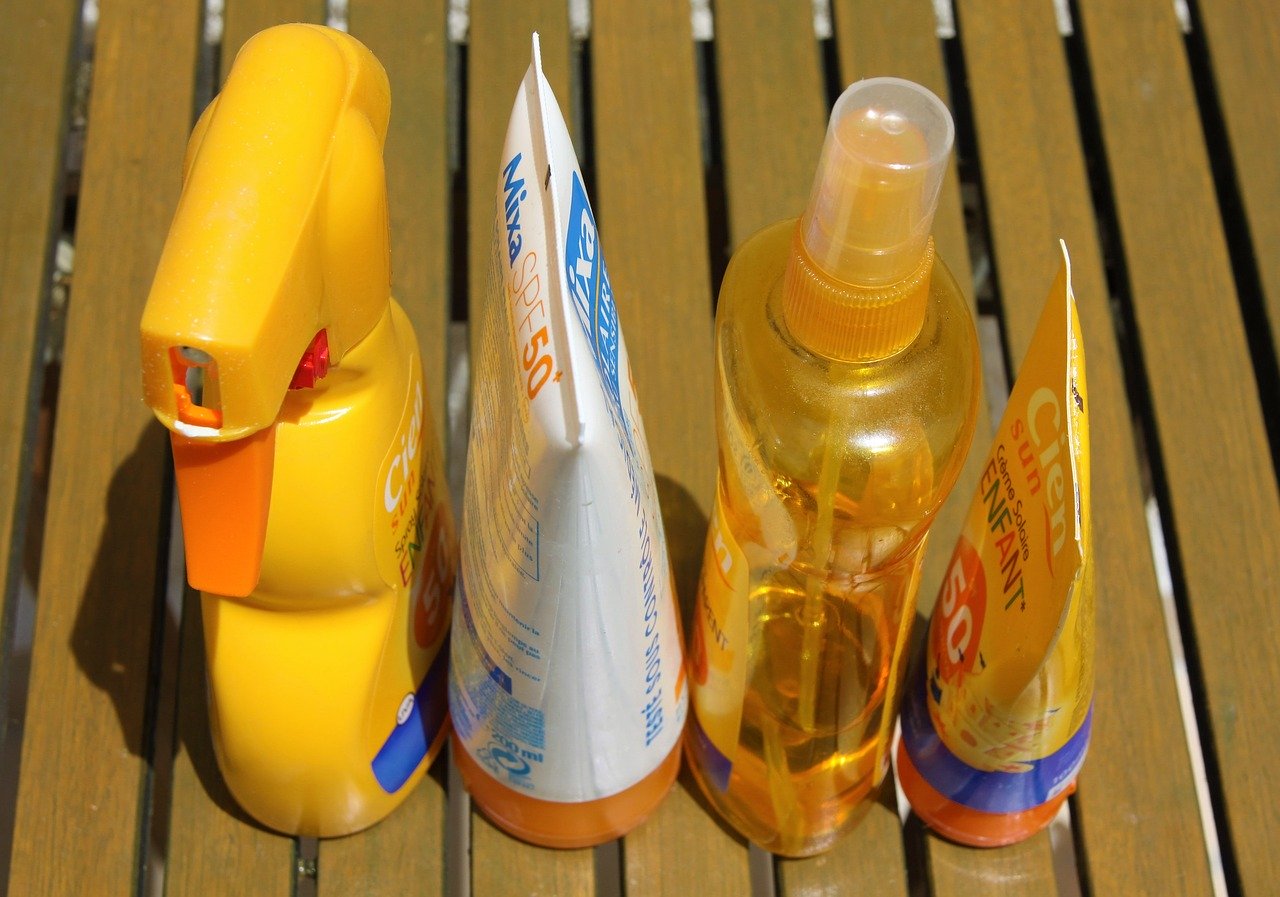Octinoxate is known by many names including octyl methoxycinnamate, ethylhexylmethoxy cinnamate, escalol, neo heliopan, etc and is found in many skin and cosmetic products, including makeup foundation, hair dye, shampoo, … Read more
Hydroquinone-containing personal care products appear to give false blood glucose level readings
In April 2018 researchers from Belgium and France published the results of their study to assess the reliability of blood glucose measurements when body lotions are used. 12 adult individuals … Read more
Frequent and moderate users of beauty products and frequent users of skincare products appear to have an increased risk of breast cancer
In February 2018 researchers from the USA published the results of their study to assess the association between the use of personal care products and breast cancer. The personal care … Read more
Men’s cologne/aftershave, deodorant, suntan/sunblock lotion and hand/body lotion are associated with a high increase in the urinary levels of monoethyl phthalate and parabens
In August 2017 researchers from the USA and Denmark published the results of their study to assess the association between personal care product use and levels of phthalates and parabens … Read more
Frequent usage of face lotion during pregnancy and breastfeeding may be associated with an increased risk of testicular germ cell tumours in their sons
In July 2018 researchers from the USA published the results of their study to assess the association between personal care product usage during pregnancy and breastfeeding with the risk of … Read more
Researchers suggest that women should reduce the use of “leave on” phthalate-containing personal care products, eg skin toner, lipstick, body lotion, essential oils, during pregnancy
In January 2019 researchers from Taiwan published the results of their study to assess the association between the use of personal care products and urinary levels of phthalates in 281 … Read more






